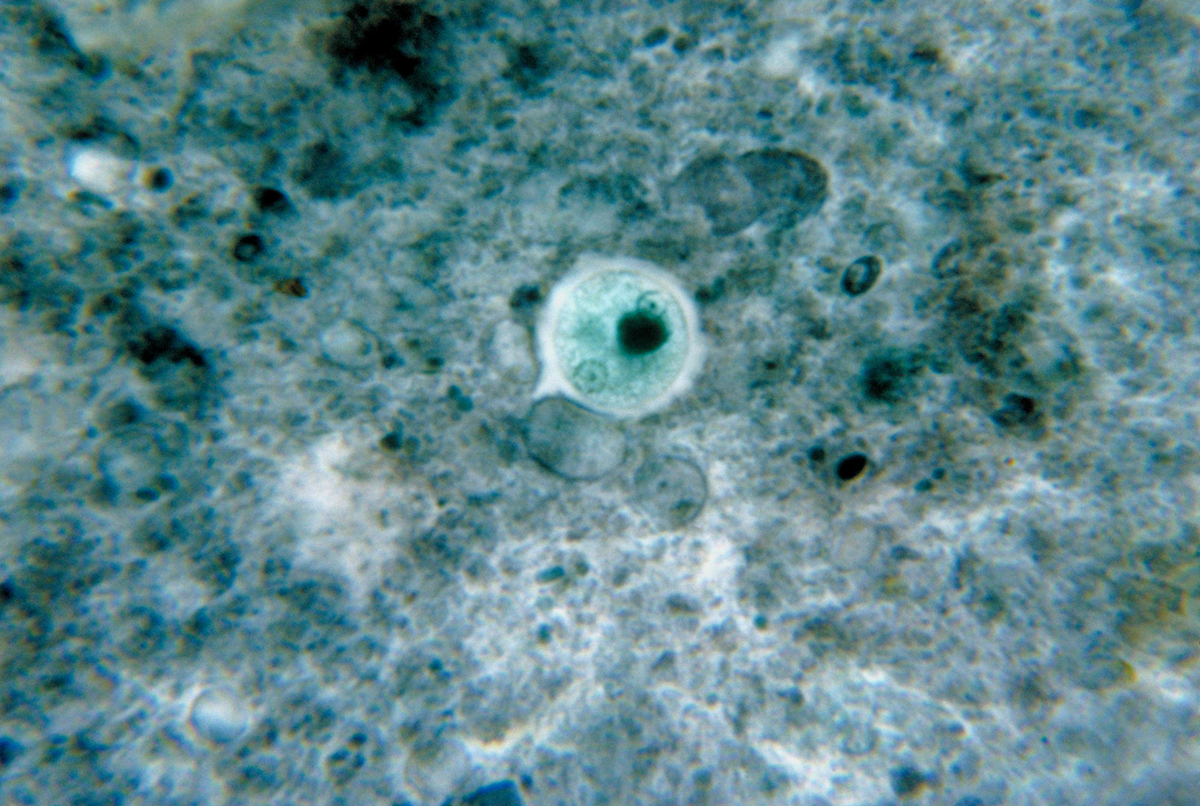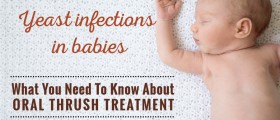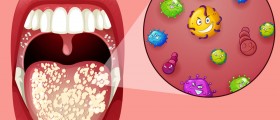Intestinal Yeast Infection
Intestinal yeast infection is actually an infection caused by Candida species. These fungi can be normally found in the human gastrointestinal tract. In healthy humans, there is a balance between intestinal bacteria and these fungi. Once the balance is interrupted, Candida starts to multiply rapidly and uncontrollably, and the infection symptoms occur.
The most common causes of imbalance are stress and prolonged therapy with antibiotics. This infection may additionally affect immunocompromised patients. Candidiasis is also common for people who are suffering from diabetes.
- Both inflammatory bowel disease and gastrointestinal Candida colonization are associated with elevated levels of the pro-inflammatory cytokine IL-17. Therefore, effects on IL-17 levels may underlie the ability of Candida colonization to enhance inflammation. Because Candida is a frequent colonizer, these effects have the potential to impact many people.
- Analyses of factors that regulate C. albicans colonization show that the host immune system, bacterial competitors, and fungal gene expression impact GI tract colonization by the organism. Colonization levels thus reflect an interplay between host activities, bacterial activities and fungal activities.
- When rats received cysteamine treatment and C. albicans inoculation on the same day, almost all rats (16/17) developed perforated duodenal ulcers. Rats who received cysteamine but no Candida exhibited perforated ulcers at a lower frequency (4/15; p
- The strategy of taking advantage of the effects of inflammation to promote colonization is used effectively by bacterial pathogens. For example, the presence of the enteric pathogen Salmonella typhimurium causes inflammation and modifies the resident microbiota; these effects promote S. typhimurium colonization.
Symptoms of Intestinal Yeast Infection
The symptoms of this infection occur due to the overgrowth of Candida. Patients may complain about fatigue, which is particularly noticeable after eating.
Patients will also suffer from chronic bloating and intestinal cramps. Intestinal cramps usually occur several hours after the meal since then the food reaches the intestines. Diarrhea or constipation occurs as well.
Some patients may experience heartburn. Still, this is not a common symptom of intestinal yeast infection.
Patients who suffer from intestinal yeast infection often suffer from oral yeast infection and in women, even vaginal yeast infection may accompany intestinal infection. This can lead to additional symptoms connected to inflammation of the oral cavity or vagina.
The symptoms are exhausting and some patients may become depressed since the cramps may interfere with sleep and daily activities.
Diagnosis of Intestinal Yeast Infection
Western medicine does not accept the overgrowth of Candida as a medical condition. There are not even tests available that may confirm the overgrowth since these fungi are a normal part of intestinal flora.
However, this does not mean that patients should not be given some advice about a balanced diet and some tips on how to re-establish healthy and balanced bacterial flora in the intestines.
Treatment for Intestinal Yeast Infection
If there are symptoms and signs of intestinal yeast infection one should make several changes. First of all the diet must be specially created. It must not include carbon hydrates, or if they are taken they should be reduced to the lowest possible amount. This particularly refers to sugar since it can successfully enhance the growth of the yeast.
Apart from carbon hydrates one should not consume milk and dairy products either. What is allowed in the diet is meat and vegetables. Fruit rich in sugar also needs to be avoided. Citrus fruit such as lemon, kiwi, or orange may be consumed.
A doctor should look for the underlying cause of this infection. And finally, if the patient is also suffering from oral or vagina candidiasis specific therapy with antimycotics is prescribed.












_f_280x120.jpg)





Your thoughts on this
Loading...